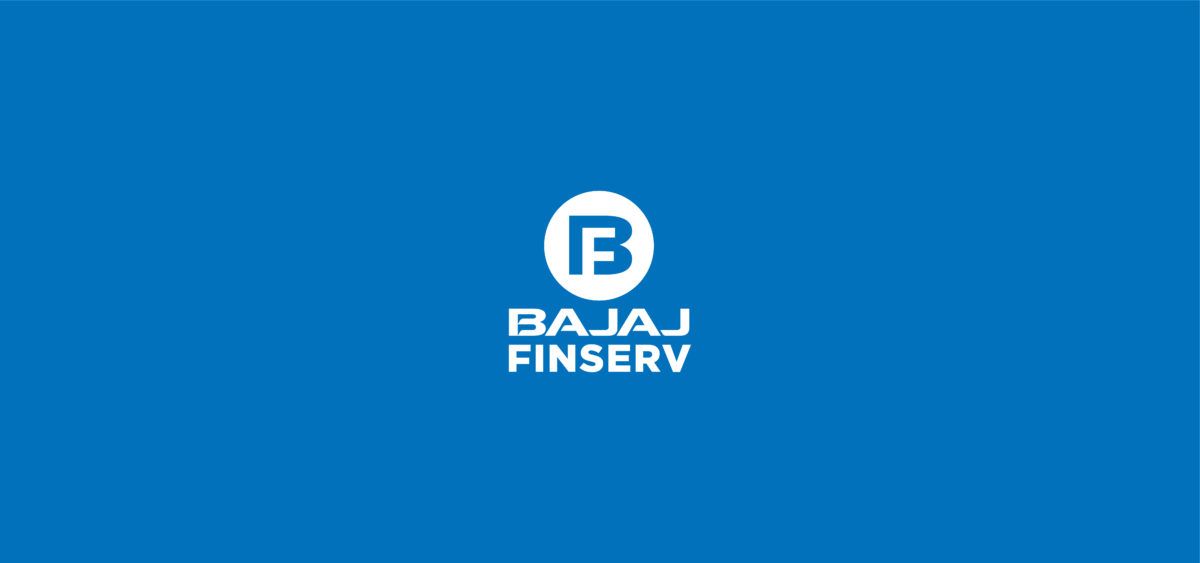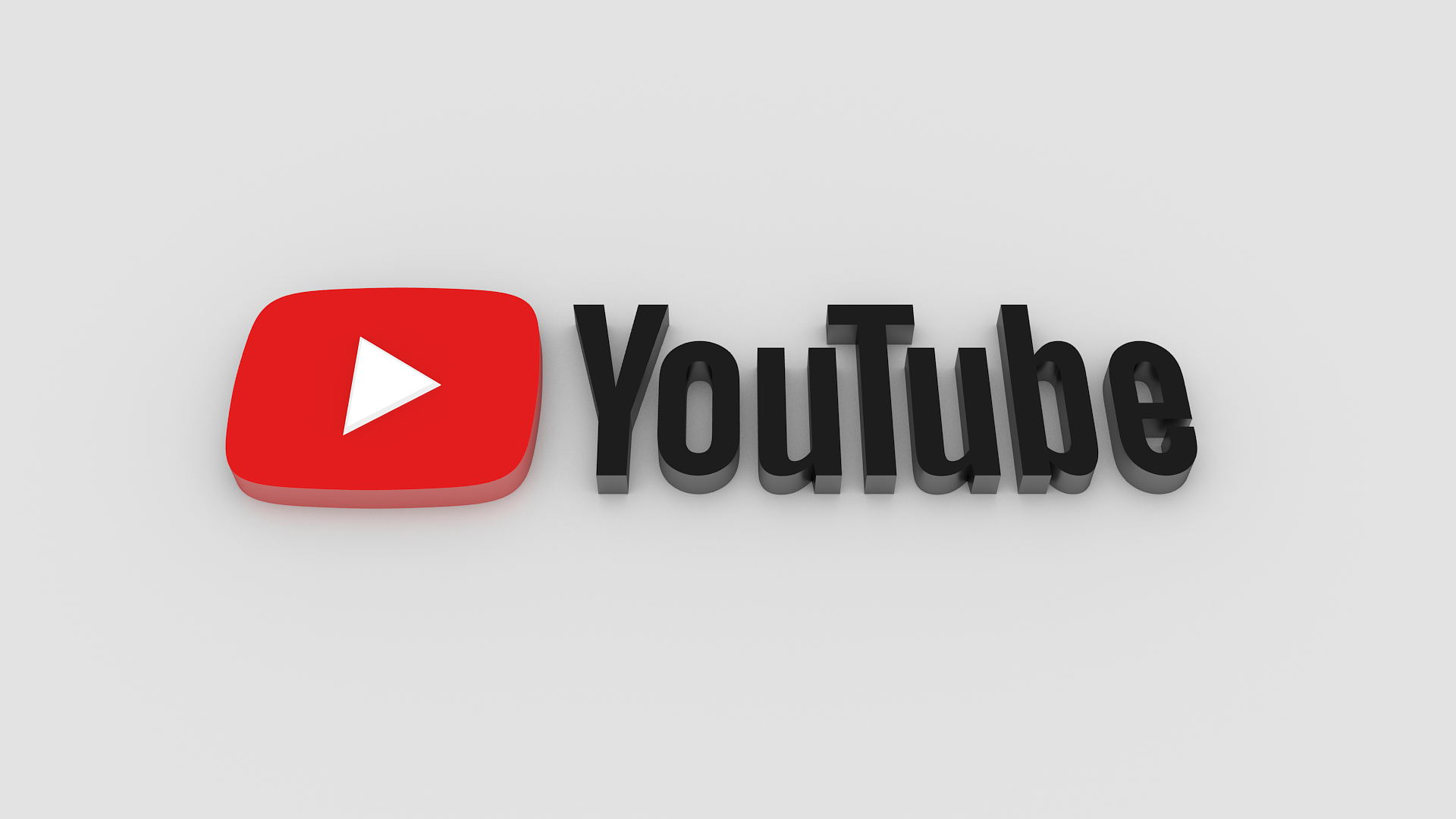Windows 8: What It Can Mean For Entrepreneurs

But that hasn’t dampened Microsoft’s spirit. Microsoft has placed a very serious bet on the future. You've probably heard of it : It’s called Windows 8.
Last month, Microsoft released a "consumer preview" of the upcoming OS, and it was downloaded a million times on the first day. That’s the rate at which new iPads sold at launch. Whether or not people will spend money to buy Windows 8 gadgets remains to be seen, but at least everyone’s curious about the new OS.
While the new OS is obviously competing with iOS and Android, I think there is another strategic objective for it - To invade the Enterprise IT market.
Enterprise IT departments love Windows. Microsoft plays very nicely with enterprise - Allowing IT admins to lock down desktops, remotely audit and install software, do compliance and monitoring and the thousands of other enterprise specific requirements that iOS and Android are nowhere close to meeting. Microsoft has a fantastic relationship with the Enterprise, and it is going to bring all the assets it owns to make a big push for Windows 8 in this huge and lucrative segment.
But what does this mean for you, the entrepreneur?
Here's my take on it:The current smartphones and tablets are fantastic consumer devices - i.e., They’re designed as devices where users can consume content. It is, however, quite awkward to create content on a tablet or a phone. Sending emails on my tablet takes me 2x the time, and I only reply with one-liners. For anything more than a paragraph, I automatically reach for my laptop.
Devices in the enterprise, on the other hand, need to be designed for producers. Office workers produce content along with consuming it. People write emails and reviews, make powerpoints and spreadsheets. Managers write performance reviews and strategy documents. Designers create web pages, HR departments create knowledge bases. And almost everyone is guilty of writing overly long emails explaining why a project is going to be late despite the extraordinary hard work of the team.
Doing the producing on a tablet today is a very slow and painful experience. For a tablet or phone to succeed in an enterprise, this problem needs to be solved. And I believe Microsoft is the one company that has a great opportunity to solve this problem (and make loads of money).
I have no doubt that Microsoft is very very aware of this problem - they’ve faced this exact same problem before. When Microsoft was championing case of Windows to corporations in the late 80s and 90s, they wrestled with this issue - How to make employees used to doing things in a pen-and-paper way to move over to using PCs for all their work?
Microsoft’s strategy for invading the enterprise was MS Office. Microsoft created a suite of tools that would make an office worker productive. Microsoft developed some pieces (Word, Excel), and acquired the rest (PowerPoint, Frontpage, Access/SQL Server), stitched it all together in a package and sold it to corporations all over the world. At one point, Microsoft was even the most valuable company on the planet (as Apple is today)
A year from now, the world is going to be in a similar place. Tablets are a new paradigm, and new tools and apps are going to be needed that make creating content easy. It isn't clear what these tools are, but that's the kind of things Entrepreneurs are good at. Entrepreneurs that are able to think of tools and apps that enable your average office workers to create content easily and productively on tablets are going to win big. Tablets have several unique characteristics - Intuitive, touch based, fewer buttons and highly engaging. Exploiting these characteristics for production (and not just consumption) is going to be the next big challenge.
I have no doubt Microsoft has a big budget for acquisitions for apps that can help them win in the enterprise. The question is, who has the products that can help people produce content on a tablet? In tomorrow's column, we'll discuss ideas on what these new tools and apps could look like and what it would take to build them.










![[Funding alert] Venture Catalysts invests in wellness startup Green Cure](https://images.yourstory.com/cs/2/70651a302d6d11e9aa979329348d4c3e/Imagey8ho-1594190613192.jpg)
